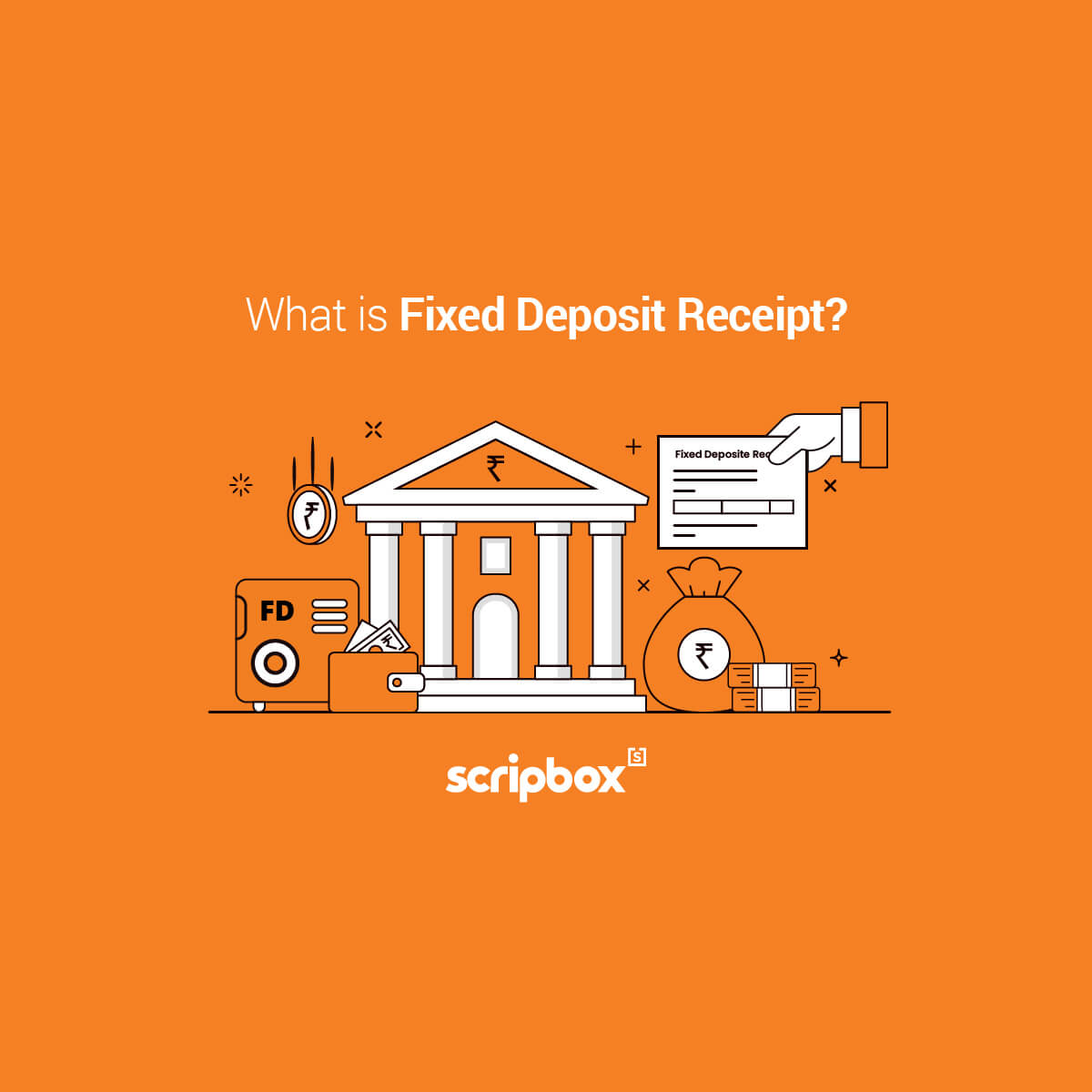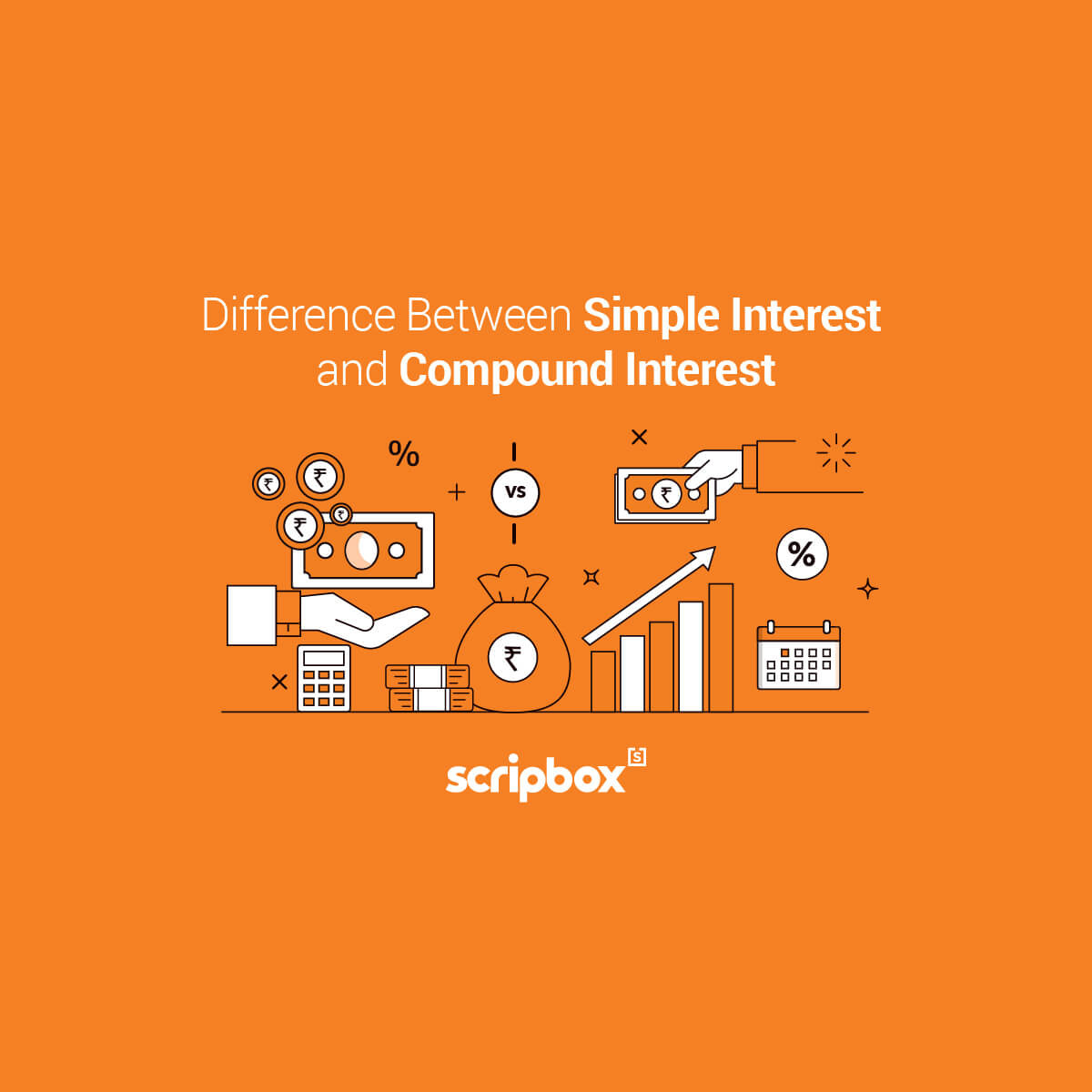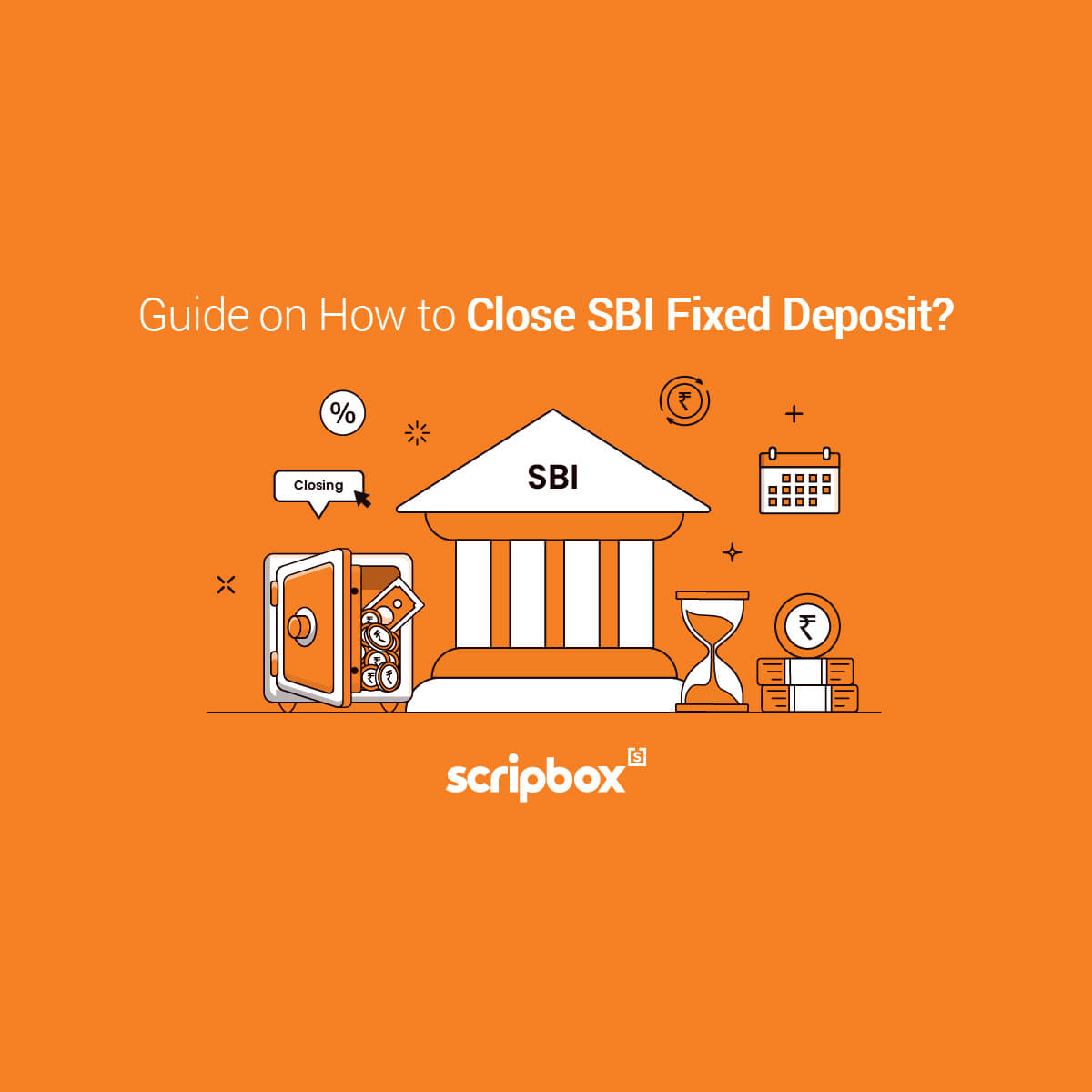Every person works hard to make a living and provide the best for their families. Also, it is important to have sufficient savings to meet your immediate requirements and meet your financial goals. However, keeping all the money in a savings account is not a wise decision. You can park your surplus funds in fixed deposits or any other financial instrument that can offer stability, safety, and returns. Therefore, fixed deposits offer better benefits than savings accounts, making them a preferred investment option. Read our article to understand the difference between Fixed Deposit vs Savings account.
What is Fixed Deposit?
Fixed Deposit is a financial instrument offered by banks, post offices and NBFCs. The interest rates that a Bank Fixed Deposit offers are higher than the regular savings account. As the name suggests, the deposit amount and the interest rate are fixed throughout the tenure of the Bank FD. Currently, the bank FDs offer interest rates between 3%-6%, which does not change irrespective of the market volatility. Moreover, investors can also opt for tax-saving fixed deposits that can help them save tax under Section 80C up to Rs.1.5 lakhs.
What is Savings Account?
Savings Account is a deposit account opened at a bank or a financial institution that offers a moderate interest rate on the deposit amount. Different banks offer different interest rates varying from 2%-4%. Also, a savings account is the most liquid form of investment with immediate redemption. Thus, it is as good as having cash in hand but stored in a safe place. Moreover, a savings account is a risk-free instrument and the interest earned is assured. The interest earned on a savings account is tax-free till Rs 10,000 under Section 80TTA. However, this interest income beyond the threshold limit is taxable as per the individual’s tax slab.
Difference between Savings Account and Fixed Deposit Account
The following are the differences between Fixed Deposit vs Savings accounts and why Bank Fixed Deposits are preferred over savings accounts.
Rate of Interest
Investment in a bank FD earns a higher interest rate than a savings account that helps earn better returns. The interest rate offered by fixed deposits ranges from 3%-6% per year, depending on the tenure (6 months to 10 years) and amount of deposit. Moreover, it offers extra benefits to senior citizens, and they can avail of 0.25%-0.75% additional interest rate over and above the regular interest rate. On the other hand, a savings account earns interest between 2%-4%, lower than the fixed deposit rate.
Tenure
The tenure of a bank FD ranges from 7 days to 10 years. This allows investors to invest in multiple fixed deposits with different tenors. Conversely, Savings bank accounts have no fixed tenure. The account remains for a lifetime until it is closed.
Interest Payout
Unlike a savings account, a bank FD offers the facility to avail the accumulated interest on the investments. For instance, during the post-retirement period, the regular payouts from bank FDs act as a regular source of income. For this purpose, you can invest in a non-cumulative FD that offers monthly, quarterly, half-yearly or yearly payouts. Or else cumulative FD offers total interest earnings at the end of maturity. However, this is no such facility for savings accounts.
Saving Instrument
In the case of a fixed deposit, your money is locked in for a specific tenure which limits unnecessary withdrawals until maturity. This inculcates a sense of financial discipline and helps you save more. Also, the compound interest is added to the principal amount that helps create wealth over time. On the contrary, you can withdraw from your savings account anytime, which may lead to excessive spending, defeating the goal of maximising savings.
Loan Facility
Investors who require money for any financial emergency can apply for a loan against their bank FDs rather than opting for personal loans with higher interest rates. In simple words, the bank FD acts as collateral. Using the loan facility against bank FD may have a lower rate of interest. Also, the loan can be repaid as a lump sum or in instalments. Conversely, savings accounts do not provide this facility.
Premature/Partial Withdrawal
Bank FDs provide a premature withdrawal option to investors to exit before maturity. However, they have to pay penalties up to 1-2% for withdrawing the amount before maturity. On the other hand, you can withdraw from your savings account anytime while maintaining the minimum balance requirement by the bank.
Taxation
Investing in a regular bank FD does not provide any tax benefits. However, investing in a 5-year tax-saving fixed deposit allows tax deduction under Section 80C up to Rs.1.5lakhs. At the same time, a savings account only provides benefit on the interest income, i.e. the interest earned on a savings account is tax-free till Rs 10,000 under Section 80TTA and beyond the limit is taxable.
Which is Better Fixed Deposit or Savings account?
It is essential to save money. Money can grow only if invested, which helps you earn interest on your principal amount. In India, a fixed deposit is the most preferred investment option that helps you earn guaranteed returns. For Conservative investors with low-risk tolerance levels who wish to earn fixed returns for their goals, a Bank FD is a suitable avenue. Likewise, it can also consider the liquidity requirements and short-term goals by thoughtfully selecting the tenure. Moreover, it provides senior citizens with higher interest rates than a regular bank FD. Furthermore, a bank FD can also be helpful for tax planning under Section 80C.
A savings account is the first step for the principal toward your investment journey.
Also, it takes care of all the liquidity requirements for every individual. However, depositing a large sum of money in a savings account and keeping it idle is not the right decision as the returns are meagre. Experts advise you to keep aside a certain sum of money for your daily needs and emergency requirements and invest the remaining to help your money grow.
In a nutshell, the savings account is the initial investment activity, and every individual needs it. A bank FD helps you to create wealth and meet your financial goals. However, even FDs have lower returns when compared to other investment options. Therefore, investors must be clear with their investment objectives and make informed decisions before selecting an investment option.
Discover More

















Show comments